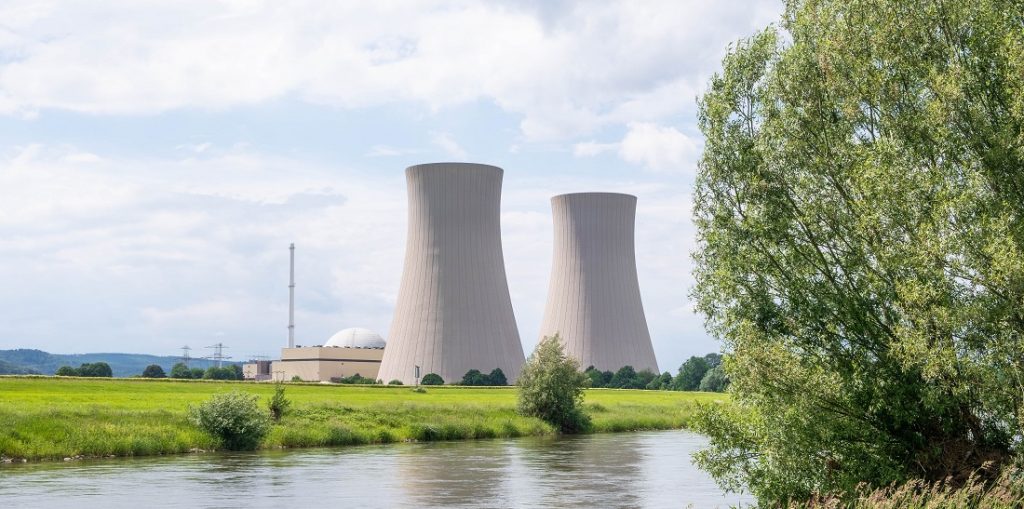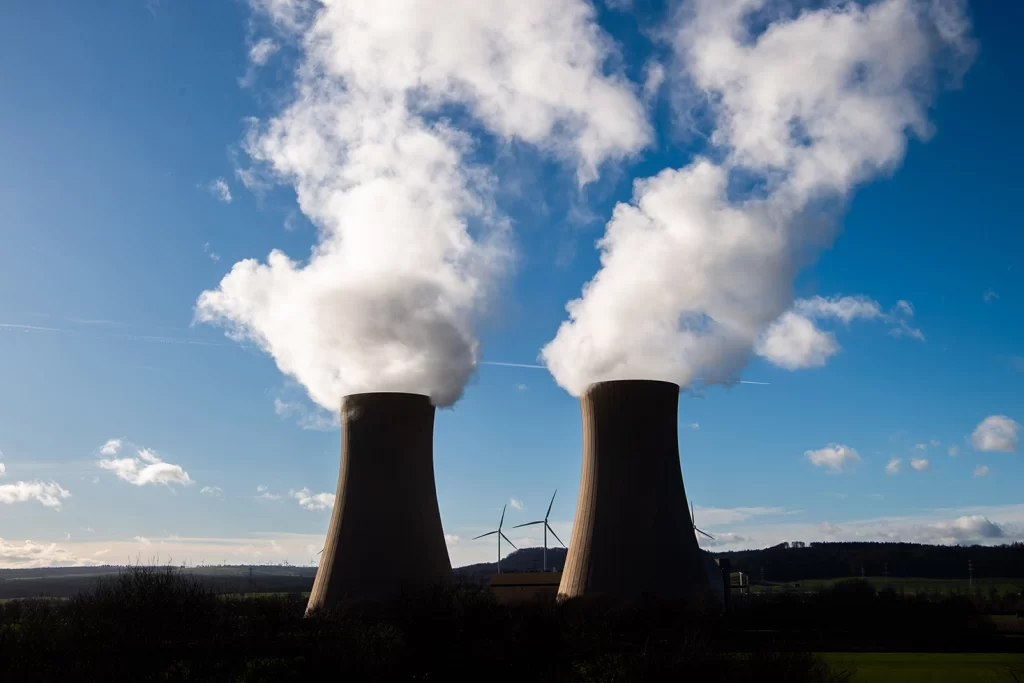A recent report published in Scientific Reports, conducted by researchers from NTNU in collaboration with the Grenoble Institute of Technology, has shed light on the impact of different energy sources on the environment. The comprehensive analysis of 870 power plants worldwide has revealed that nuclear power is the least damaging to the environment, making it a clear winner in protecting ecosystems, while bioenergy is shown to be a sure loser.

The study challenges the common perception that solar power is the most land-efficient renewable energy source, and instead identifies hydropower as the most land-efficient renewable energy source worldwide. The research also highlights that if the current energy policy, as per the International Energy Agency’s (IEA) net-zero emissions scenario, is implemented, environmental encroachments will increase sixfold by 2050. This means that the world’s electricity production for 2050, assuming we become climate neutral, will require an area as large as one and a half times the size of India or the same size as the entire European Union. This raises serious concerns about the impact on ecosystems and biodiversity, as human beings are already expanding across too much of the planet.
The report further indicates that nuclear power has the highest spatial energy density among all energy sources analyzed, making it the clear winner in terms of land use. When compared to onshore wind power, the spatial extent of nuclear power is 99.7% less, which means 350 times less use of land area. This makes nuclear power a highly efficient option in generating emission-free energy while minimizing environmental encroachments.
The findings of this study are significant in the context of the projected environmental crisis by 2050. An energy transition based on nuclear power alone could potentially save 99.75% of environmental encroachments in 2050, and even help mitigate the current environmental footprint caused by human activities.

It is important to note that nuclear power is not without its concerns, such as issues related to waste disposal, safety, and potential for accidents. However, advancements in nuclear technology, including the development of safer and more efficient reactors, along with proper regulations and safeguards, can address these concerns and make nuclear power a viable option for clean and sustainable energy production.
In conclusion, the study’s findings suggest that nuclear power is a clear winner in terms of protecting the environment and minimizing land use, while bioenergy appears to have a negative impact. As the world seeks to transition to renewable and low-carbon energy sources, it is crucial to carefully consider the environmental impacts of different options and make informed decisions based on scientific evidence. Nuclear power, with its high spatial energy density and potential to significantly reduce environmental encroachments, could be an important part of the energy mix in the fight against climate change and the preservation of our ecosystems.


